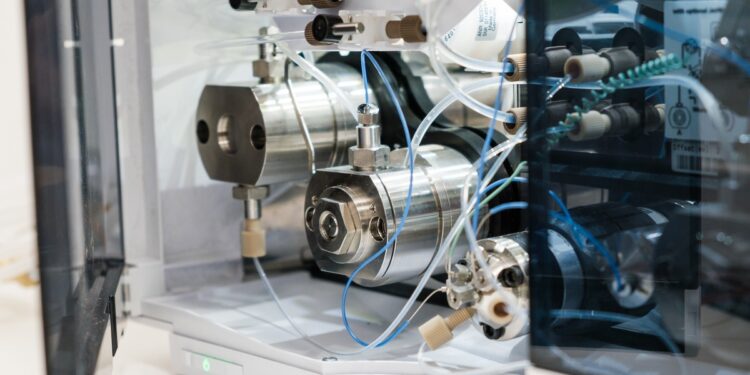Cleanliness in healthcare settings is the foundation of patient safety and operations. Medical facilities must maintain strict hygiene standards to prevent infections, protect staff, and preserve trust within their communities. Every decision about cleaning practices impacts not only patient outcomes but also overall operational integrity.
Solvent cleaners serve a specialized role in this ecosystem. Unlike general-purpose products, they target contaminants that threaten both sterile environments and sensitive equipment. Their effectiveness in breaking down organic matter, residues, and pathogens is integral for healthcare providers to maintain safe and functional facilities.
Infection Control and Patient Safety
Hospital-acquired infections are among the most persistent threats in healthcare. Solvent cleaners help prevent these risks by effectively breaking down organic matter that harbors bacteria, viruses, and fungi. Solvents clean at a molecular level and create safer surfaces in patient rooms, operating theaters, and laboratories.
The effectiveness of solvent cleaners underscores their importance in medical facilities. Proper cleaning protocols using these products directly reduce infection rates and create environments where patients can receive care without facing additional health risks. Staff also benefit, as cleaner spaces mean reduced exposure to harmful contaminants.
Equipment Maintenance and Longevity
Medical equipment requires precision, and contamination threatens both accuracy and safety. Solvent cleaners remove residues that accumulate on surgical instruments, diagnostic machines, and other sensitive devices. Additionally, solvent cleaning machines help facilities maintain regulatory compliance through easier in-house solvent waste management.
Understanding the importance of solvent cleaners in medical facilities involves recognizing their role in maintaining long-term functionality. Corrosion, buildup, and improper cleaning shorten the lifespan of costly devices. Facilities that use solvent cleaners safeguard their investments while ensuring that critical equipment remains ready for patient care.
Compliance With Health Regulations
Healthcare facilities operate under strict guidelines established by the CDC, OSHA, and the FDA. Meeting these regulations requires validated cleaning protocols. Solvent cleaners provide the consistency and documented effectiveness necessary to comply with these standards. Without them, facilities risk falling short of requirements designed to protect patients and staff alike.
Regulatory compliance also reduces liability. Facilities with strong cleaning programs demonstrate accountability and professionalism. Solvent cleaners support compliance by giving healthcare providers confidence that their practices meet or exceed the expectations of national health authorities.
Specialized Applications in Different Departments
Different areas within a medical facility face unique cleaning challenges. Operating rooms demand sterile surfaces free from contaminants. Laboratories require equipment that stays clear of residues to preserve research integrity. Patient rooms and waiting areas need consistent cleanliness to prevent the spread of illness.
Solvent cleaners adapt to each of these environments. Their versatility allows staff to use them on a variety of surfaces and contaminants, from delicate instruments to heavily used communal spaces.
Supporting Professional Workflow Efficiency
Time matters in healthcare. Effective solvent cleaners reduce the amount of time staff spend scrubbing or repeating tasks. A single pass with the right product delivers thorough results, freeing workers to focus more on patient care and eliminating contamination risks.
Streamlined processes also reduce stress for staff. When cleaners work reliably, employees spend less energy troubleshooting and more energy providing quality care. A balance of safety and efficiency supports morale so that healthcare teams can perform their duties with confidence and consistency.
















